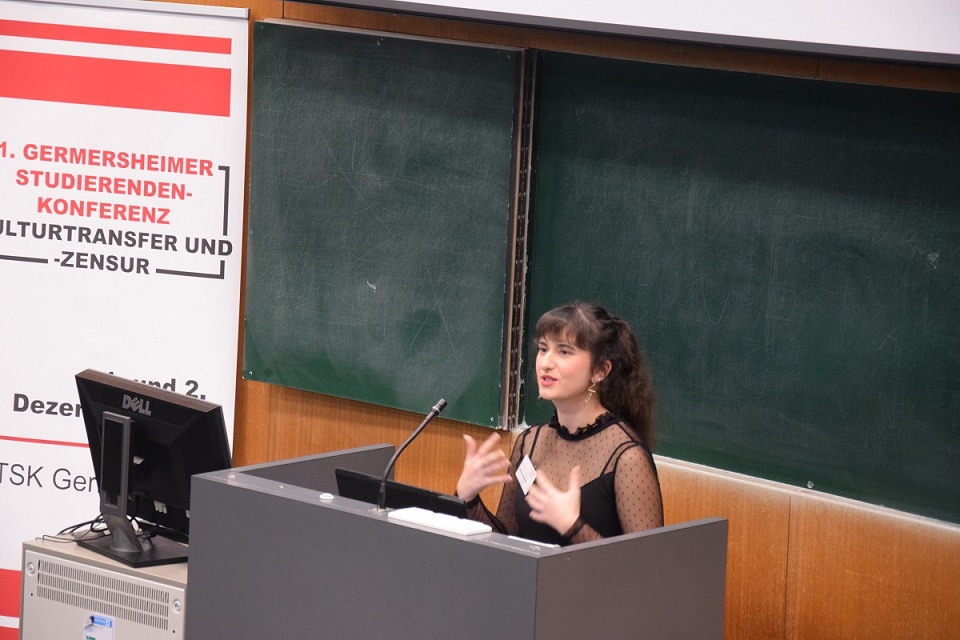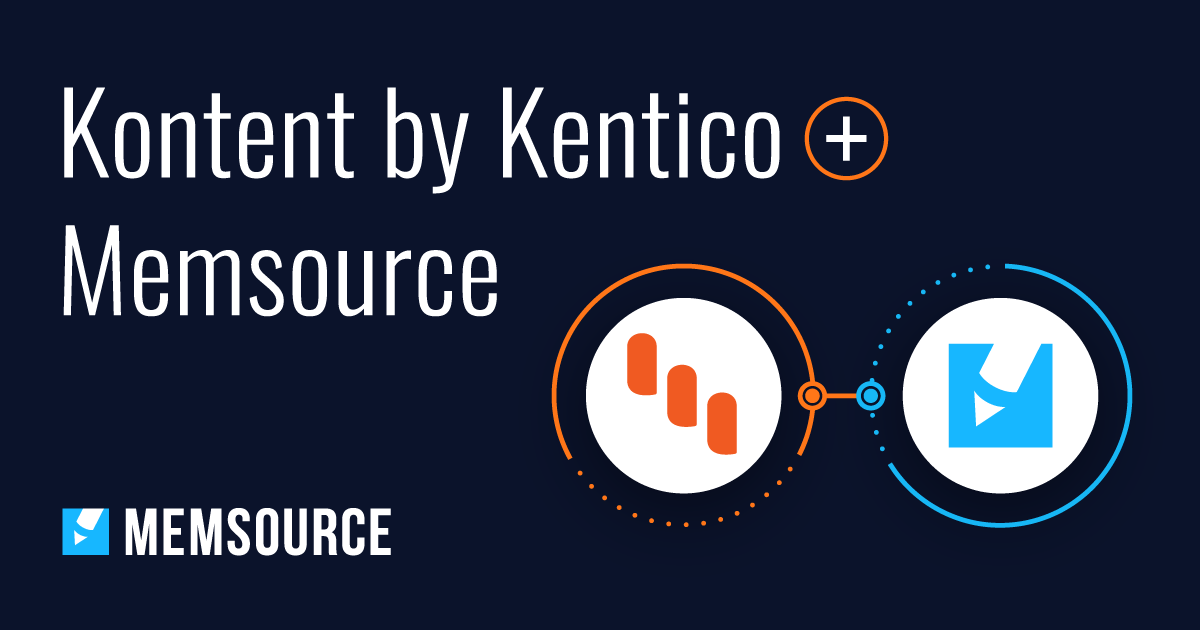
Blog
Machine Translation Report
What is the optimal MT Engine for you? Find out in the latest MT Report by Memsource.

Not adapting and not proving that us translators are needed to professionally supervise the technology to ensure the good quality of a product is a way bigger threat than the technology itself.
Last September, shortly after her graduation from the Johannes Gutenberg University of Mainz, Ms Ekaterini Ntouska joined Lionbridge Poland to work as a Linguistic Game Tester. Thanks to her flawless results in the Memsource Student Certification Program and her positive, friendly, and highly proactive approach, Ekaterini also became a Translation Intern at PureFluent through our Talent Endorsement Program.
“Even if your future job uses different translation tools than the ones you learned about during your studies, by having a proper theoretical and practical understanding, you will get used to new tools in no time.”
Having spent her first half a year in the industry, we asked Ekaterini to share with us her thoughts and observations, and possibly nudge other students in the right direction.
Do you think that learning to use translation tools before graduation helped you to start your career?
It definitely did. I see the relevance in not only briefly introducing them but also discussing and learning about them in a theoretical manner: What are they being used for, what are the similarities and differences, what are the scientific concepts behind them.
Also, having the chance to use them in practical translation classes gave a sneak peek of what real translation work is like – because working with pen and paper is simply outdated. Even if your future job uses different translation tools than the ones you learned about during your studies, by having a proper theoretical and practical understanding, you will get used to new tools in no time.
Why did you choose the role of a Linguistic Game Tester?
First of all, it merges two of my greatest passions: languages and video games. I also appreciate that I can see the product while I am working on it. It helps you visualize the necessary changes and quality improvement.
In this job, it is very important for the team to work in the same office. It ensures that the staff are not dehumanized and don’t become invisible – and I personally appreciate the close contact with the client, developers, and their personnel in general. It saves time and trouble and guarantees good cooperation.
The last reason would be the diversity. Linguistic quality assessment doesn’t only focus on the translated dialogues of a game, but also the audio and their voice actors, the depiction of graphics with text, coding, and partial functional testing. Sometimes even translating missing assets and rewriting.
Do you feel that the introduction of technology into the workflow dehumanizes the work of a translator?
Not per se. It ensures the projects run smoothly and facilitates the paperwork and research. It can be used as a means of communication, data sharing, and assistance for teams working all over the world.
However, this can also make effective and efficient cooperation harder. Building a team of people who can work with each other well on inter-personal level – because they know each other’s weak and strong points – is almost impossible through technological communication only.
Are you afraid translation technology might replace translators in the future?
Not at all. I do see translation technology improving but just like with any other job, the translator’s work, conditions, skillset, and general processes inevitably change and evolve. Just like we went from pen and paper to electronic input methods.
I think it would be hypocritical to assume that certain jobs are sacrosanct. Not adapting and not proving that us translators are needed to professionally supervise the technology to ensure the good quality of a product is a way bigger threat than the technology itself.
Have you noticed any major developments related to the translation processes recently?
I have realized that translation processes cannot be categorized and defined so broadly any longer. The tasks are either too fluid (e.g. constant translation memory and termbase updates) or form only a small part (setting up a project) of an overall definition.
In this turbulent situation, it is increasingly important to define the translator’s role and ensure their visibility. Not only to the client but to the consumer as well. When speaking about the consumer, a positive example can be found in the gaming industry as the translator is usually included in the credits. This was and is common practice.
A negative example, then, can be found in the literary sector: Only now, after so many years, does (in some instances) the translator’s name appear on the cover of a book, although they are a crucial part of the product, if not the most crucial part.
What tips would you give to students trying to find an opportunity similar to yours?
As cheesy as that might sound, I encourage all to follow their goals and dreams with passion – especially during training, research, and studies. Be diligent, perceptive, and hungry for knowledge that brings you closer to your goal. Your dream job might arise from a hobby or a specialization, which can sprout during your studies.
And most importantly: Do not feel discouraged if something doesn’t go as planned – if it turns out it is not what you want to strive for or if your initial expectations have not been fulfilled. These experiences will help you get a clearer understanding of what you would like to do and about your own competencies and abilities. That way, you will develop both as an individual and as a professional.
Let’s ease the end of the interview a little bit. Your specialization and your passion are video games. Do you have any game tips for the readers?
This is actually very tough because games are such a hybrid and versatile medium. However, given the nature of this blog, I want to make three recommendations related to language and translation.
- Journey (PS3/PS4): An atmospheric game, where not a single word – written or spoken – is needed to explain gameplay, story, or to even communicate with other players. You might think: Why would you recommend that? As a great contrast to our usual work, of course! And to see the impact language and translation can have: the lack, overflow, style, and register or degree of it.
- Mother 3 (GBA): This might be a little harder to come by because it was never officially released outside of Japan. An English fan translation has been released to prove how dedication, love for a franchise, rejection of localization (but not internationalization), and a bit of help from a professional translator can bring huge success and satisfy consumer’s needs. This should make us think a little more about what distinguishes professional from lay/fan translators.
- Final Fantasy XV (PS4): A huge title in a great franchise. There is so much to do, so much to see, and so much to hear and say. Language is being woven into every aspect of the game. Sometimes plain in sight, through spoken dialogue, subtitles, or the UI. Then again hidden in Easter Eggs, side missions, graphics, or other subtleties. If you would like to consider yourself a part of the community, you might even need to indulge yourself into cross-media references like interviews, books, art, or movies tying in with the game. This clearly shows how elaborate the translation work on such a title can be – simply to ensure consistency.



